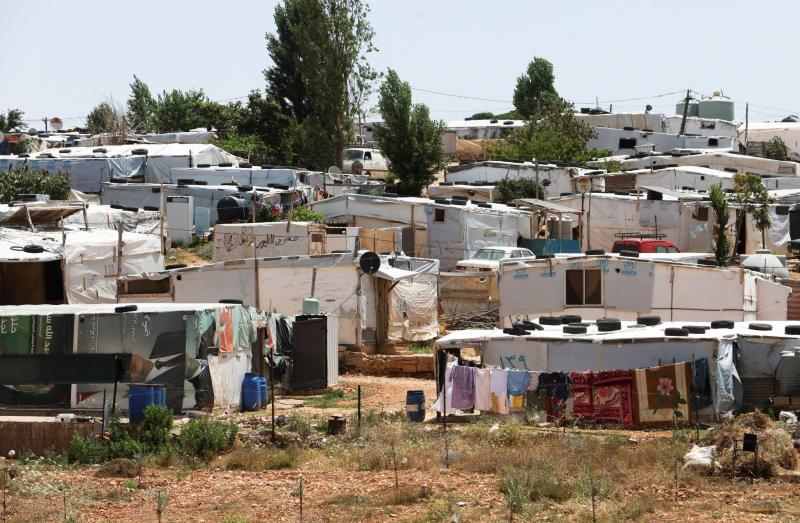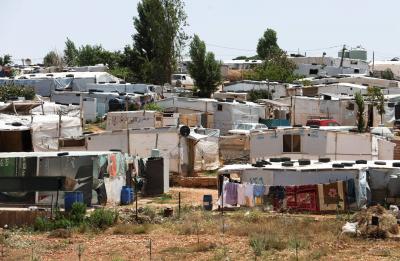Deputies Michel Daher, Elias Jarada, Saji Atya, and Jamil Sayyed submitted a bill to the Parliament aimed at "regulating the Syrian presence in Lebanon and deporting displaced persons before a disaster occurs and the Lebanese entity is shaken."
In the details of the proposed law, article one stipulates that the UN High Commissioner for Refugees is obliged to resettle Syrians in a third country within one year of the approval of this law; otherwise, the temporary residency of Syrian refugees will be considered invalid, necessitating their return to their country, in accordance with the agreement signed between the Lebanese government and the Commission.
The law adds in article two that no settlement of the status of any Syrian displaced person will be permitted after the expiration of the temporary residency period, considering any Syrian who entered Lebanon illegally or does not possess legitimate residency or whose residency has expired and has not been renewed according to regulations as an illegal resident, thus requiring their deportation.
The law enumerates the reasons for its proposal, including what is mentioned in the Taif Agreement that Lebanon is the final homeland for all its citizens without fragmentation, division, or settlement. Additionally, Lebanon is not a host country as it has not signed the 1951 Agreement relating to the status of refugees, and the Refugees Commission has not adhered to the memorandum of understanding signed with Lebanon in 2003, which stipulates that the Commission cannot register any displaced person or asylum seeker. An asylum seeker is granted temporary residency for one year until resettlement in a third country, otherwise Lebanon has the right to deport them.
The proposed reasons also mention the heavy financial, economic, and security burdens that Lebanon and the Lebanese people can no longer bear, necessitating the return of the displaced, especially since their presence for security reasons has been negated after they went to Syria during the recent presidential elections to vote and then returned to Lebanon.




